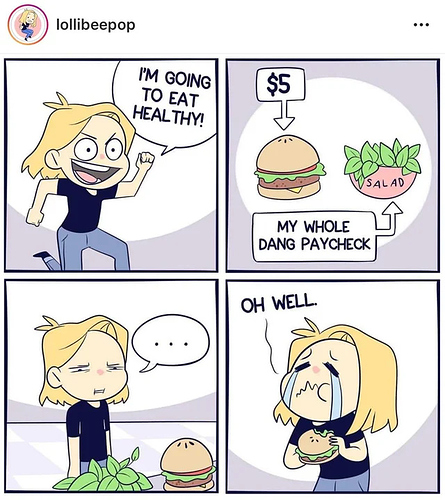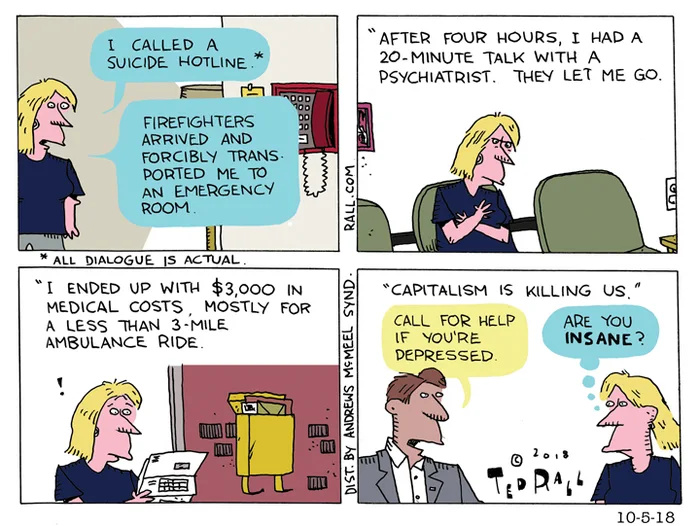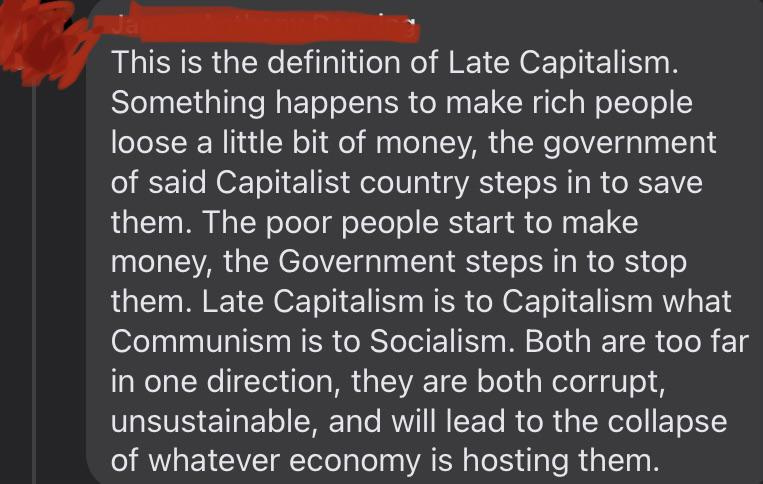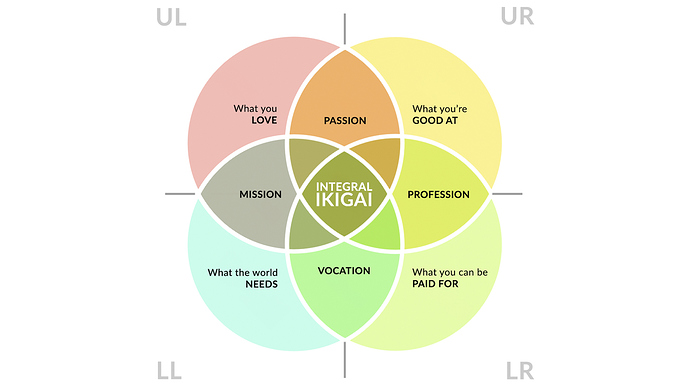“Once again, ‘unitas multiplex’ is still the best motto: universal deep features, but culturally relative surface features, are what we find in the growth to goodness.”Ken Wilber, One Taste
Immigration has been a wicked problem for society ever since the very dawn of civilization itself. We are by our very nature a migratory species, having colonized almost every major land mass on the planet and competed over the scarce resources provided by our local environments and social systems.
And yet, over that long and usually violent history, migration has been a powerful force in the unfolding of the human spirit. The ongoing exchange of ideas, values, identities, traditions, and worldviews has generated new forms of art, literature, engineering, science, and mathematics, while also deepening our empathy and understanding of each other, and of the human condition as a whole.
While the challenges and benefits of migration have been with us since the very beginning, in today’s world the problems have become even more wicked. We are now seeing an entirely new set of pressures and life conditions weighing down on us, as things like climate change drive new waves of forced migration at a time when the nation-state has become our primary source of identity, governance, and distribution of scarce resources, when social and institutional trust is at an all-time low, and when the boundaries between us feel more opaque than ever.
To allow too many immigrants into a nation-state can be seen as unwise, while bring too few would be uncompassionate. So how do we find a more integral approach to immigration, one that:
a) is based on worldcentric values, ethics, and moral reasoning
b) respects the humanity, needs, and dignities of the “other”,
c) respects the agency, identity, resources, and threat perceptions of citizens,
d) respects and includes ethnic differences without falling into ethnocentric thinking?
Watch as Magdalena, Mark, and Corey offer their own ideas. Topics include:
0:00 — Republic of the heart: remembering Terry Patten
10:25 — The Wicked Problem of Immigration
15:34 — The false choice between isolationism and “open borders”
17:59 — Include the values, negate the views
21:27 — Nation-state identities
23:24 — Borders: where identity and threat meet
28:05 — Direct causation vs. systemic causation
30:10 — Barack Obama’s border wall
33:40 — “Desirables” and “undesirables”
39:16 — Cultural compatibility and healthy pluralism
43:47 — The problem of scarcity
47:34 — Rising immigration patterns in the U.S.
50:35 — Calling out the tropes: Islam and welfare
55:52 — The development of identity
57:27 — How social media is making ethnocentrists of us all
1:03:15 — How should integral standards be enforced?
1:08:20 — How international diplomacy can help
1:11:37 — Regulating the transnational economic holon
1:15:40 — Moving beyond the nation-state
1:22:01 — The neoliberal bias: extrinsic vs. intrinsic value
1:23:36 — Developmental diversity: wisdom and compassion
1:25:08 — The Canadian border wall
1:26:03 — The cruelty is the point
1:31:44 — Equal opportunities and more equitable inequities





